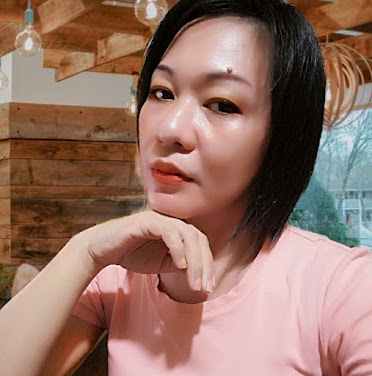September 21, 1972, became a defining moment in Philippine history—the day when President Ferdinand Marcos officially declared martial law, marking the start of a dictatorship that would last for years. Although I wasn’t born at that time, the impact of martial law stretched far beyond its initial declaration, shaping the future of the country and leaving a lasting legacy that affected many generations, including mine.
Martial law officially ended on January 17, 1981, with Proclamation 2045, but the end of the declaration didn’t mean the end of Marcos’ rule. In fact, he maintained his dictatorial grip on the country until the People Power Revolution in February 1986, which finally forced him out of power. As a child in my primary years, I have vivid memories of those times.
Davao City Under Martial Law
During the martial law years, Davao City was not the city we know today. It was far from being a livable or safe place. The city was riddled with violence, unrest, and uncertainty. Growing up during those years, I saw how life was affected by the political climate. The city I called home was struggling under the weight of the dictatorship, much like the rest of the country.
In my primary years, it’s still vivid to me—the chaos between groups like the Alsa Masa, the Philippine National Police (PNP), and other factions that were trying to gain control of the city. Studying at Assumption School of Davao during that time, I remember the fear and tension that loomed over us, with violence often spilling into the streets. The daily unrest left an impression on all of us, shaping our experience of what life was like during the martial law era in Davao City.
I vividly remember going out and attending rallies with my classmates, joining the crowds as we chanted, "Makibaka, Huwag Matakot," "Ipaglaban ang mga Karapatan," and "Sobra na, Tama na." These powerful slogans were etched in my memory, symbolizing the people's struggle for freedom and justice. Even at that young age, I could sense that our country was not in good hands.
I witnessed the unrest firsthand—people rioting, clashing in the streets, and fighting for their rights. The images of violence and chaos have stayed with me to this day. I saw killings, blood on the roads, and ambushes that left a deep mark on my mind, shaping my understanding of that dark chapter in our history. Those experiences still resonate with me, reminding me of the difficult times we endured during martial law.
The Transformation: Thanks to Rodrigo Duterte
Then came Rodrigo Duterte, a man who would eventually reshape Davao City and its future. Through his leadership, the city underwent a transformation like no other. Duterte’s tough policies, particularly on crime and safety, turned Davao into one of the safest cities in the Philippines. Under his governance, the people of Davao could finally feel secure and proud of their home.
I grew up knowing Davao as the safest city in the country, a city where law and order were enforced, and its people could walk the streets without fear. This transformation became a symbol of hope, not just for Davaoeños but for the entire nation.
The Present: Davao in the Spotlight
In recent times, Davao City has found itself in the national spotlight, though not always in a positive way. The city that was once known for its discipline and order is now facing challenges that threaten the progress it made under Duterte's leadership. It’s disheartening to see these developments, as I know what the city is capable of.
Hope for Davao’s Future
As we reflect on the dark days of martial law and the incredible transformation that Davao City went through, I can only hope and pray that the city returns to the level of peace, safety, and progress it once achieved under the leadership of Tatay Digong. Davao City is still a place with enormous potential, and I believe that with the right leadership and direction, it can once again shine as a beacon of hope and safety for the rest of the Philippines.
Hope for My Country, the Philippines
Despite the struggles we have faced as a nation, I hold on to hope for my beloved Philippines. The dark days of martial law may have left a lasting impact on our collective memory, but they also strengthened our resilience. I believe in our potential to rise above adversity, to heal, and to move forward as a united people. As we continue to rebuild and progress, my hope is that we can foster a deeper sense of unity, justice, and peace. The transformation that cities like Davao have undergone is a testament to what can be achieved when we work together. With strong leadership, compassion, and a shared vision for the future, I believe the Philippines will continue to grow and thrive.
Let’s never forget the lessons of the past, and let’s continue to strive for a better future for our beloved city and country!
What are your thoughts on Davao City’s transformation and Philippine current state? Let me know in the comments below.

















